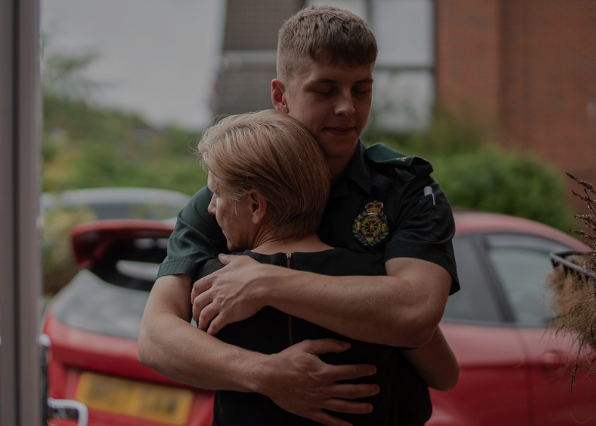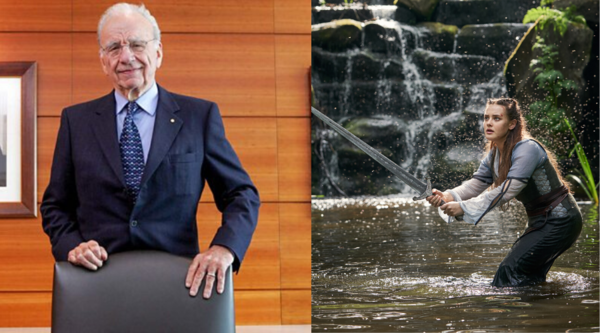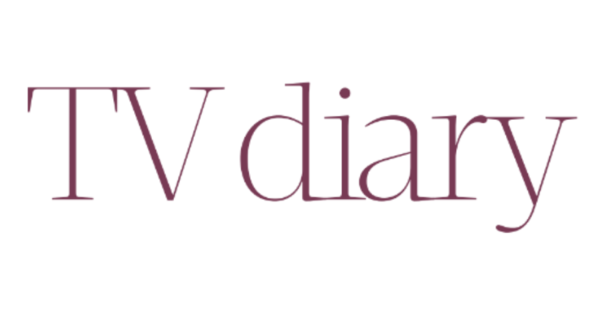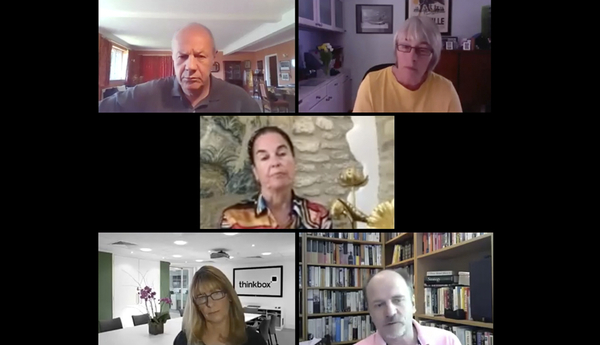TV Picks: 13th July – 19th July
Here are our TV picks for this week.
Paramedics: Britain’s Lifesavers
Channel 4
Monday 13th July, 9pm

The Covid-19 pandemic has put a lot of strain and pressure on many of our essential services, but especially on the ambulance service who have seen an unprecedented increase in demand.




